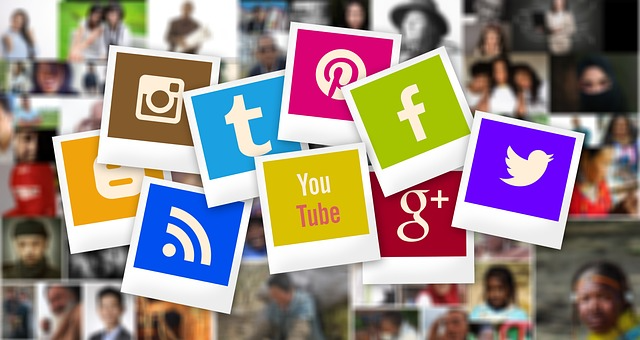
The Impact of Social Media on Politics and Society
In today's digital age, social media has emerged as a powerful force that significantly influences politics and society. This article explores the multifaceted impact of social media on various aspects of our lives, from shaping political discourse to redefining the way we connect and communicate.
Social media has reshaped politics and society, influencing everything from political mobilization to information dissemination. Join Crescitaly as we explore the multifaceted impact of social media on these aspects of our lives, navigating the complex landscape of its profound effects.
Let's delve into the profound effects of social media on politics and society.
1. Introduction: The Rise of Social Media
Social media platforms such as Facebook, Twitter, Instagram, and TikTok have become an integral part of our daily lives. They have fundamentally altered the way we communicate, share information, and engage with the world around us. The rapid growth of social media has had profound implications for politics and society.
2. Political Mobilization and Activism
One of the most significant impacts of social media is its ability to mobilize people for political causes. Platforms like Twitter and Instagram have been instrumental in organizing protests, rallies, and movements. The Arab Spring and the Black Lives Matter movement are notable examples of how social media can amplify voices and drive change.
3. Dissemination of Information
Social media serves as a primary source of news and information for a large segment of the population. It allows for the instant dissemination of breaking news, making it a powerful tool for keeping the public informed about political events and developments.
4. Polarization and Echo Chambers
While social media connects people globally, it also contributes to political polarization. Algorithms often show users content that aligns with their existing beliefs, creating echo chambers where individuals are exposed only to like-minded opinions.
5. Accountability and Transparency
Politicians and public figures are under constant scrutiny on social media. This increased transparency holds them accountable for their actions and statements, as every move is subject to public scrutiny.
6. Fake News and Misinformation
One of the dark sides of social media is the spread of fake news and misinformation. False narratives can quickly gain traction and influence public opinion, posing a significant challenge to the integrity of information.
7. Political Campaigns in the Digital Era
Political campaigns now heavily rely on social media to reach voters. Candidates use platforms to connect with supporters, share their policies, and engage in real-time interactions with the electorate.
8. Social Media and Voter Engagement
Social media has the potential to boost voter engagement and turnout. Campaigns use targeted ads and outreach to encourage citizens to participate in the electoral process.
9. Social Media as a Tool for Political Leaders
World leaders have embraced social media as a direct channel of communication with their constituents. Platforms like Twitter enable leaders to convey their messages and engage with citizens instantly.
10. The Role of Social Media in Social Movements
Social media plays a pivotal role in the organization and dissemination of social movements. It empowers individuals to share their stories and mobilize support for various causes.
11. Privacy Concerns and Data Misuse
The collection and use of personal data on social media have raised concerns about privacy and data security. The Cambridge Analytica scandal underscored the potential for misuse of user information for political purposes.
12. The Influence of Social Media on Elections
Social media's impact on elections cannot be overstated. It has the power to sway voter sentiment, influence electoral outcomes, and shape the political landscape.
13. Social Media and Civic Participation
Online platforms facilitate civic participation by providing spaces for political discussions, petitions, and community engagement.
14. Challenges and Ethical Dilemmas
The rapid evolution of social media presents numerous challenges and ethical dilemmas. Regulation, content moderation, and addressing online harassment are ongoing concerns.
15. Conclusion: The Ongoing Evolution
In conclusion, social media's impact on politics and society is far-reaching and complex. While it has revolutionized political engagement and information dissemination, it also poses challenges such as fake news and privacy issues. As we move forward, it is crucial to strike a balance between harnessing the positive aspects of social media and addressing its negative consequences.
The influence of social media on politics and society is complex and far-reaching, revolutionizing political engagement and information dissemination. As we move forward, it is essential to strike a balance between harnessing the positive aspects of social media and addressing its challenges. Explore more insights at Crescitaly.com, your guide to the digital age's ongoing evolution.